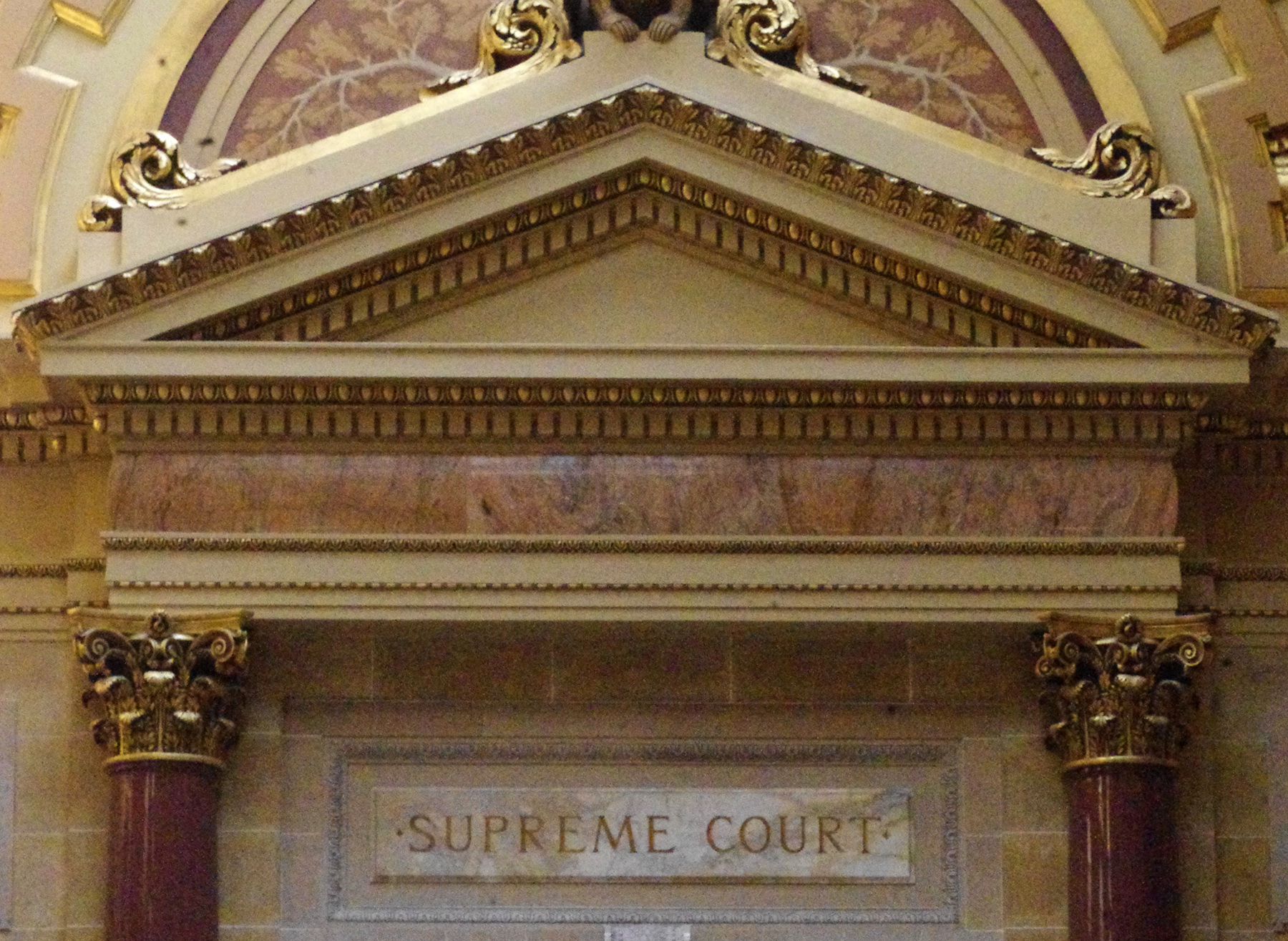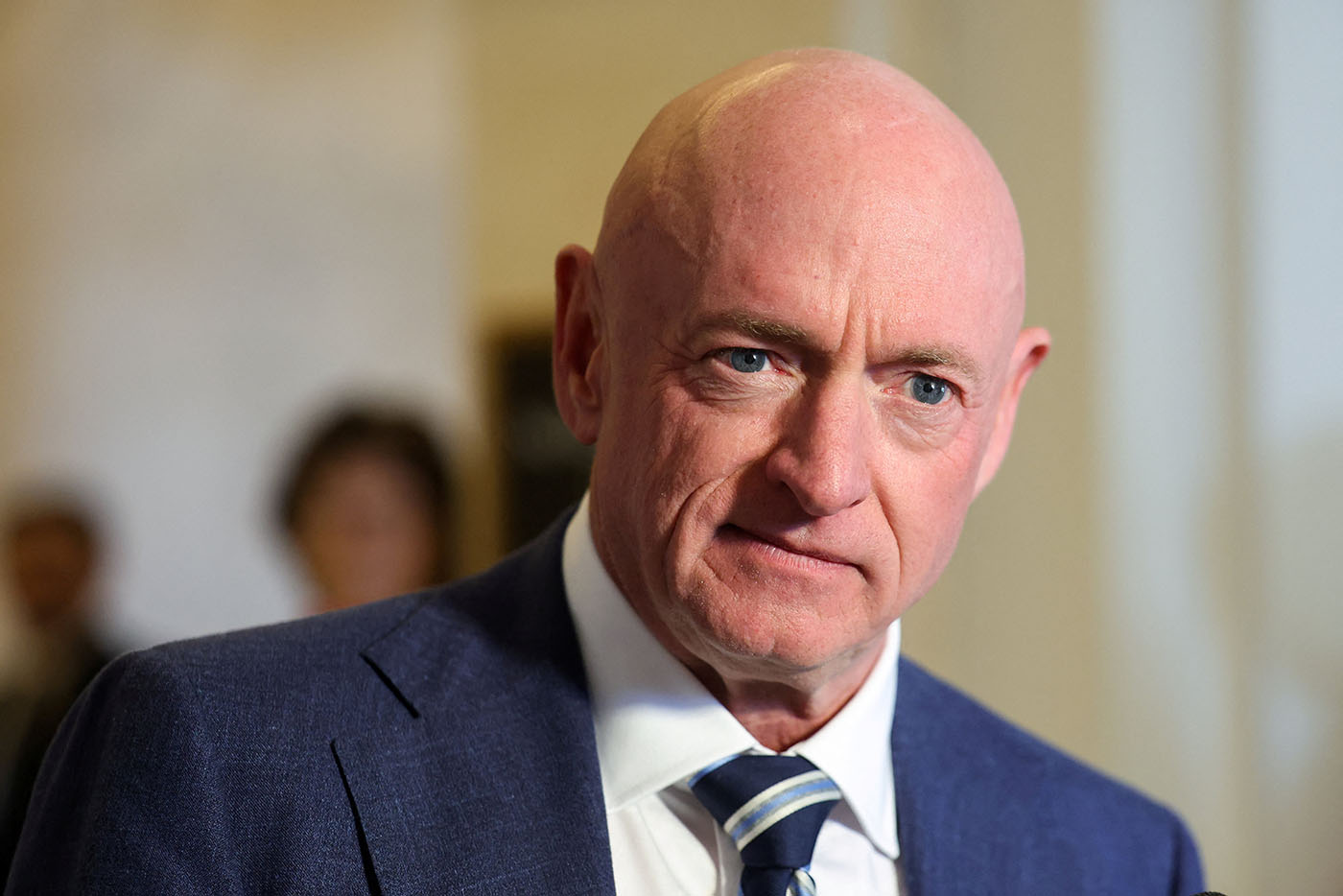COLUMBIA, Mo. (AP) — A federal court on Monday ruled against a Missouri ban on lawmakers taking sometimes lucrative lobbying jobs shortly after leaving office.
The 8th District Court of Appeals panel found that the ethics law, enacted by voters through a constitutional amendment in 2018, violated the free-speech rights of former legislators-turned-lobbyists trying to sway their successors.
Supporters of the two-year ban on lobbying were attempting to stop lawmakers and Capitol employees from misusing their political influence in hopes of landing well-paying lobbying jobs.
But the appeals panel ruled that the mere possibility of corruption did not justify violating free speech.
“Just because former legislators and legislative employees have better ‘relationships (with) and access (to)’ current legislators and legislative employees than others does not mean corruption is taking place,” the judges wrote in the decision.
The cooling-off period was enacted along with a range of other ethics-related rules, including a $5 limit on lobbyist gifts to lawmakers and a change to how legislative districts are drawn. The redistricting portion was overturned in 2020.
Former Republican state Rep. Rocky Miller and a company seeking to hire him as a lobbyist sued to overturn the waiting period.
Miller’s lawyer, Cole Bradbury, in a statement said the cooling-off period “was an ill-advised attempt to hinder political advocacy.”
“The law was based on nothing more than the idea that ‘lobbying’ is bad,” Bradbury said. “But as the Court recognized today, lobbying is protected by the First Amendment.”
The ruling likely will mean the ban falls. The judges sent the case back to district court, but Bradbury said “that is largely a formality.”
An Associated Press voice message left with the executive director of the Missouri Ethics Commission, which is responsible for enforcing the law, was not immediately returned Monday.
A spokeswoman said the Missouri Attorney General’s Office, which represents the commission in court, is reviewing the ruling.
Tags




